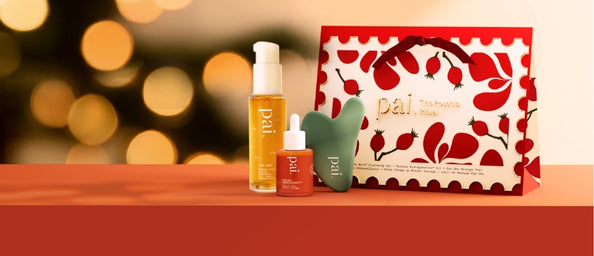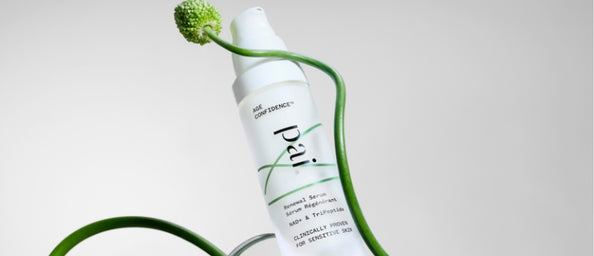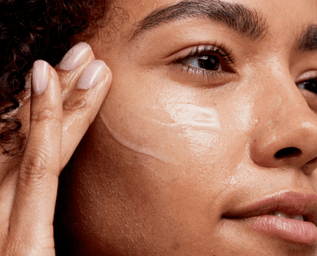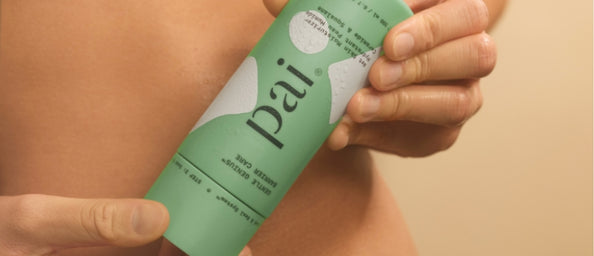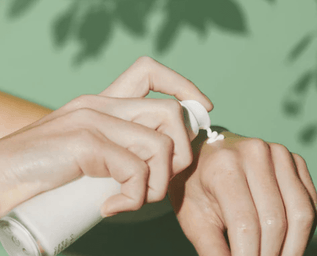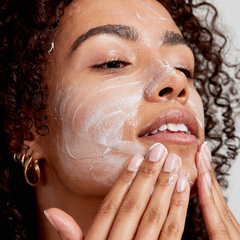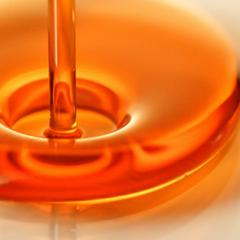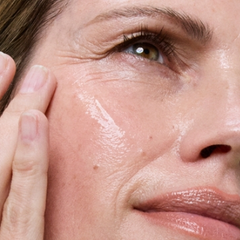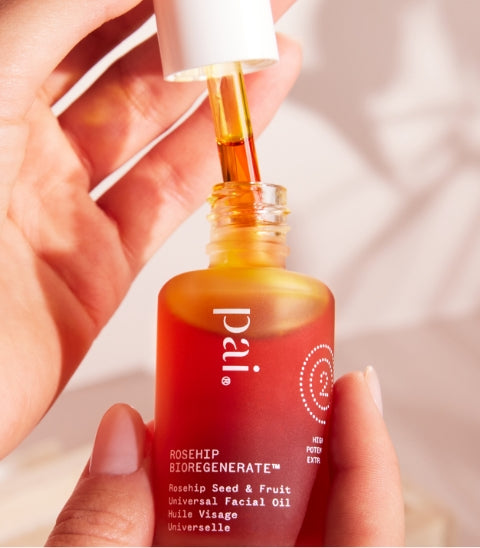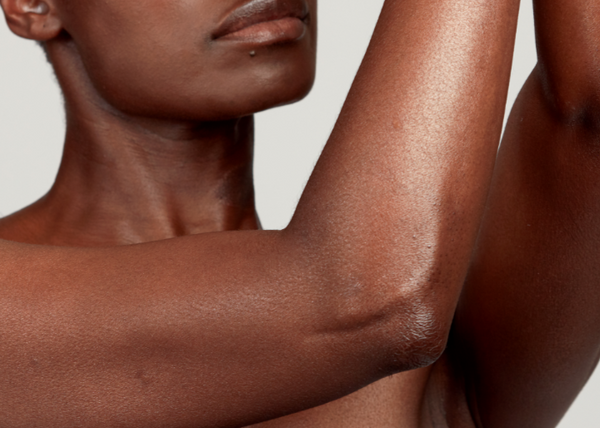
Skin Concerns
What Is Eczema?
Eczema is a common form of dermatitis.
Everyone’s skin is different but common symptoms are inflamed, red and itchy skin – often most severe on the face, backs of knees, inside of elbows, ankles and underarms.
Why do I have Eczema?
While it’s often hereditary, stress as well as contact with irritating synthetic ingredients such as MI (Methylisothiazolinone) can trigger eczema.
One in five children – our founder Sarah’s son included – are diagnosed with atopic eczema. While almost half grow out of it by puberty there’s still an estimated 15 million people living with eczema in the UK – you’re not alone!
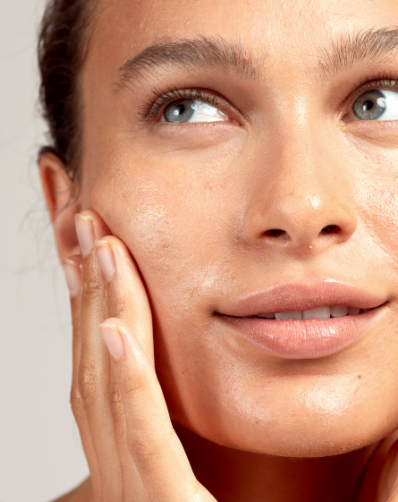
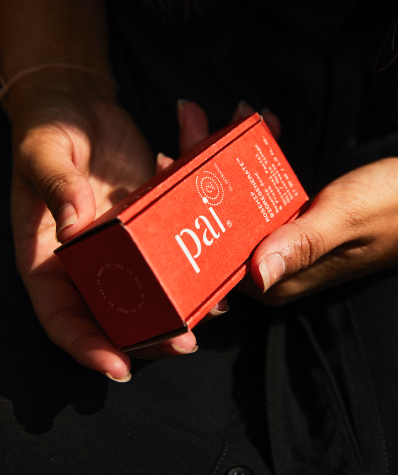

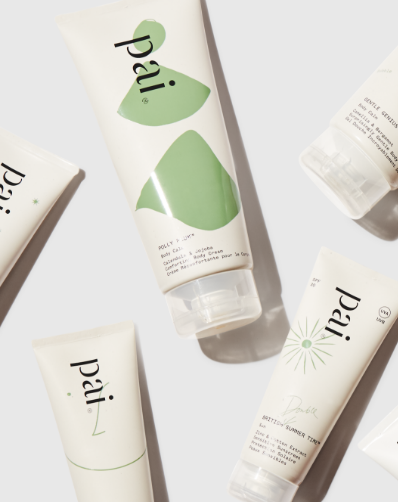
How to soothe your skin
Hydrated skin feels much happier. Reapply a rich body cream regularly – at least twice per day. We recommend applying directly after showering, whilst skin is still damp to seal in moisture.
Pay attention to your skin care routine and only use organic, natural skin care products suitable for eczema-prone skin.
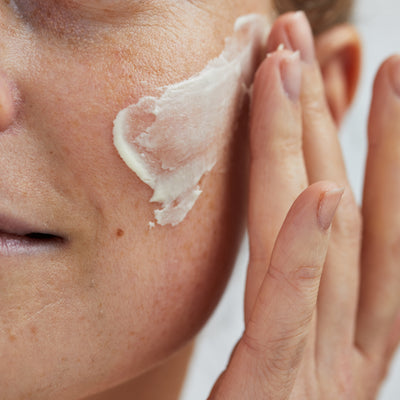
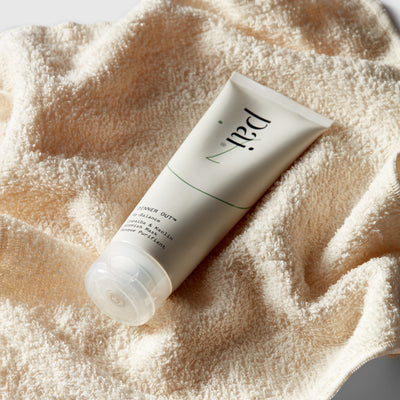
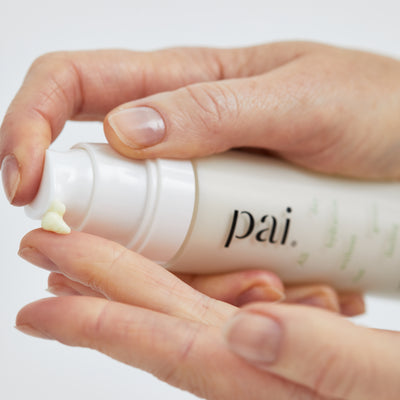
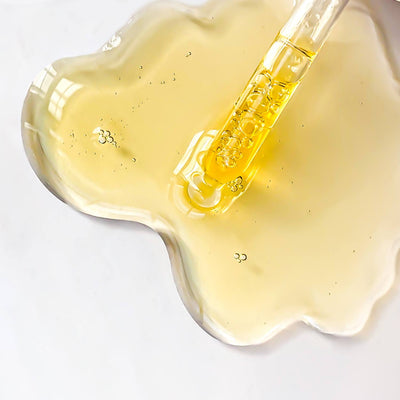
Sarah recommends switching to eco laundry balls or non-bio washing detergent and only use a third of the recommended amount. Plus the longer the rinse cycle the better.
Keep skin cool by showering in warm water, not hot, and sleep in a cool, well ventilated room.
With childhood eczema try out shortie cotton pyjamas. They help to prevent sweat forming in the creases of the arms and legs, where eczema can be most prevalent.
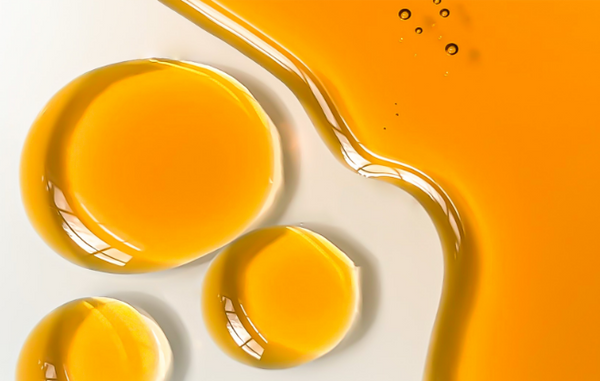
What should I avoid?
Fabrics that don’t let the skin breath, as well as rough wool can bring on further itching. Cotton is friendlier to wear immediately next to skin.
Central heating can strip the skin, aggravating eczema further. Try to avoid overheating your home, particularly as you sleep.

Acidic foods – dairy, oats and refined sugar can cause eczema flare-ups. Speak to a naturopath or nutritionist for advice on diet and potential supplements that might support your immune system or tackle any deficiencies.
Dairy & meat contain arachidonic acid, a fatty acid which can build up within skin cells and cause inflammation. However we never advise cutting out whole food groups without expert advice. Particularly in children as it can be hard to wean them back on to them.
Check skincare and makeup ingredients. We suggest avoiding harsh preservatives and additives like SLS/ SLES (often found in foaming hand and body washes) as well as phenoxyethanol, parabens, Methylisothiazolinone (MI) and Sodium Hydroxymethylglycinate.
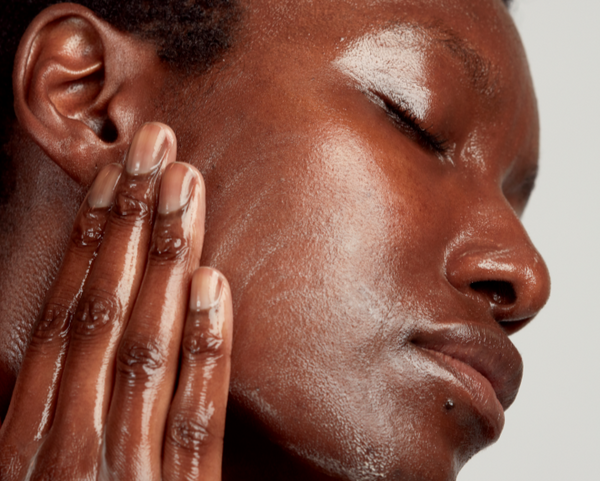
The Start Simple Skincare Routine for Eczema
We recommend three products to start with. Every evening, remove the day with a calming cleanser.
Two or three nights each week after cleansing, apply a few drops of facial oil before bed to strengthen the skin’s barrier.
Each morning, splash your face with a little water then apply a day cream for all-needed hydration.
Start simple, then you might add in a serum (on the other nights to your facial oil) once skin feels settled.
Did You Know?
All our products suitable for eczema-prone skin have been clinically tested for your peace of mind.

Free skin consultations
Got questions? Book a free consultation with our sensitive skin experts for specialist skincare advice and non-pushy product recommendations based on your actual needs and lifestyle.
Interesting Reads
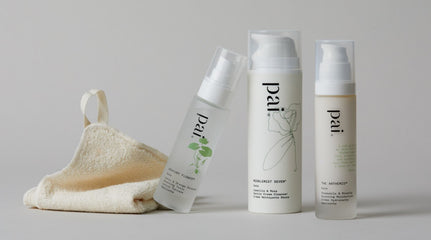 How to build the best morning skincare routine
How to build the best morning skincare routine
Start the day right with our step-by-step AM skincare guide.
 How to build the best morning skincare routine
How to build the best morning skincare routine
Start the day right with our step-by-step AM skincare guide.
 How to build the best morning skincare routine
How to build the best morning skincare routine
Start the day right with our step-by-step AM skincare guide.




















